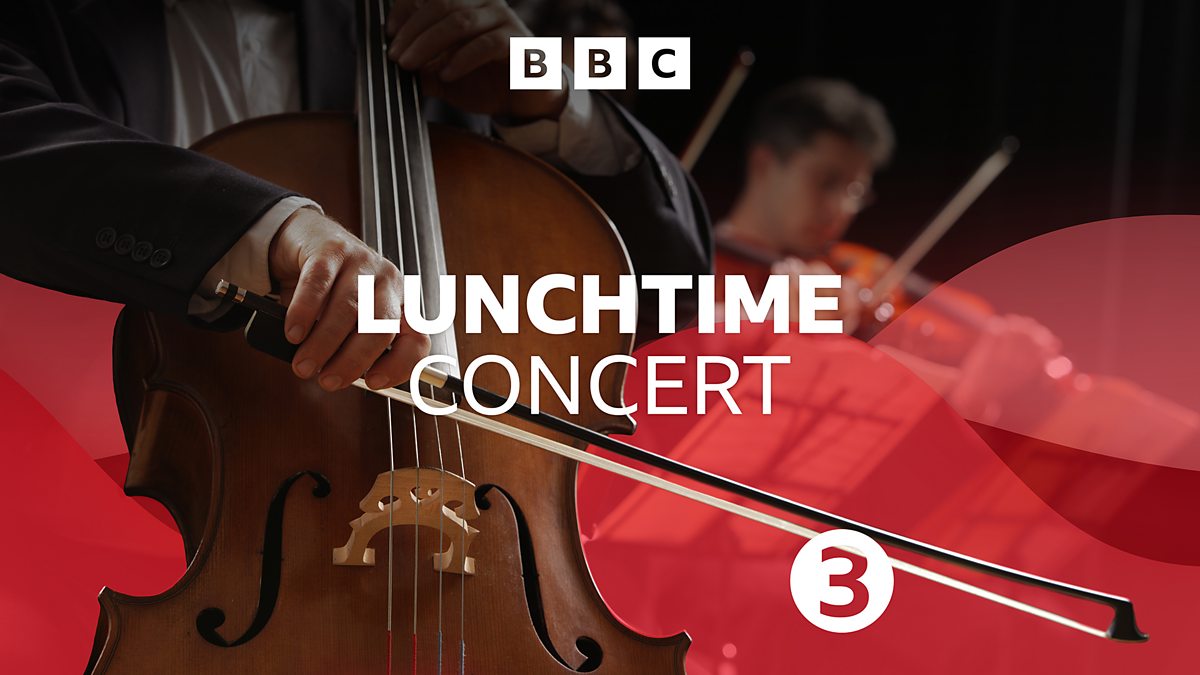Originally posted by MickyD
View Post
"Still [sic] Editions have made it impossible for us to print the "Boréades" libretto, firstly by forbidding its translation and secondly by demanding, for its reproduction in French, very high royalties on each chest [sic = box set ] even though the work is protected and this editor is paid for editing it by copyright companies. We would like to present our apologies to music-lovers"
 ]
]


Comment